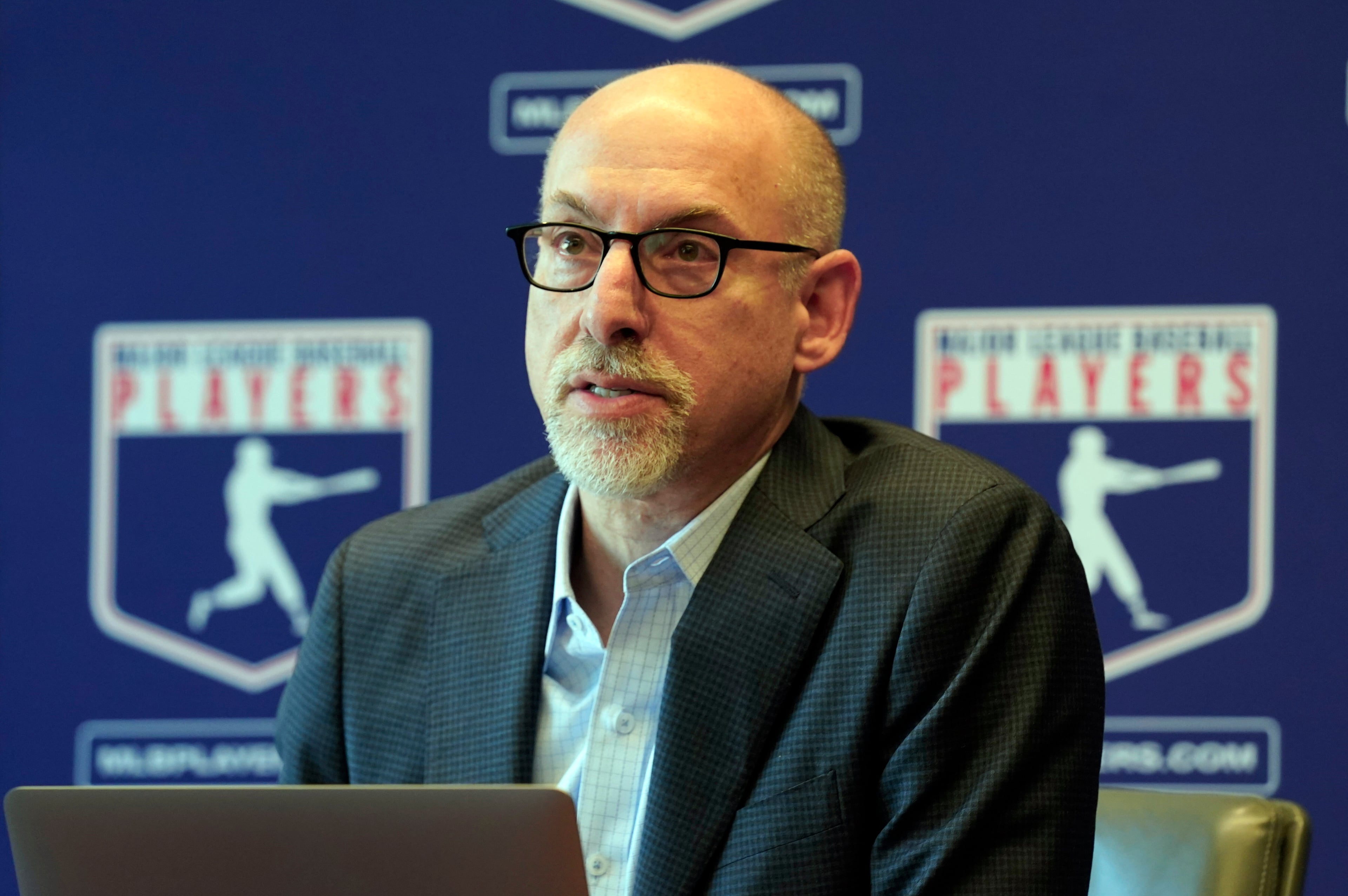Aaron Murray: College players should get share of sales
The CEO of Aaron Murray, Inc. sat in a folding chair in the back room of a sports memorabilia store. About 150 helmets, jerseys and others items were neatly lined up on tables behind him, all awaiting signatures. Close to 300 people stood out in front of the shop in a line that wrapped around an escalator and down another hall of stores.
It wasn’t quite the mass of humanity that turned out for the relative papal visit of Tim Tebow three years ago — that crowd was estimated at over 2,500 – but for a former Georgia quarterback in the somewhat enemy territory of Jacksonville, it was pretty impressive.
Tebow also charged $160 per signature. Relatively speaking, Murray was on Groupon at $35.
“Did he really?” Murray said when informed of Tebow’s asking price. “Well, I’m sure he got it.”
Yes. He did. And why shouldn’t he? Why shouldn’t any college athlete, current or even barely former like Murray, be allowed to profit off their name?
Murray can’t play in Wednesday’s Gator Bowl with his (former) teammates because of a knee injury, suffered in November. So he chose to effectively void the final month of his amateur status and make some money for himself and charity. Monday’s appearance at Palm Beach Autographs at the Avenues Mall was his third in a series of four public signings. There also will be at least three private signings.
So that’s seven sit-downs, with about 500 items per, at $35 per autograph. Even with a significant portion going to the host and some to charity, that’s still far more profitable than the Gator Bowl per diem and the swag being given to players (watch, luggage, knit hat).
This doesn’t make Murray greedy or disloyal. It makes him smart.
It’s also long overdue for star student-athletes to be able to profit off their name. There is a legitimate debate on whether college players should be paid a salary, above their normal scholarship. But the fact that a university can sell the starting quarterback’s jersey in the bookstore and the player doesn’t see any of that is far worse.
Murray agrees. It’s a subject he is pretty outspoken about.
“I think it’s a little unfair,” he said. “The universities and the NCAA, they make a lot of money off of us and we really don’t reap any benefits. I know people say, ‘Oh, you get a free education.’ But I could’ve stayed in state and, based on my academics from high school, gone to school for free and then got a job and made money myself.
“Normal students have a chance to go to school and get jobs. We don’t. Our job is to be at practice and eat and breathe football. We don’t reap the financial benefits the school and the NCAA are getting.”
I asked Murray if he remembered the first time he saw a fan wearing his jersey number?
“Yeah, it was pretty cool,” he said. “ And people want to take your picture and ask for autographs. And that’s great, don’t get me wrong. But then after a while you start to think about it. I remember when somebody told me, ‘Do you know how much money Tim Tebow made for Florida?’ It was millions and millions of dollars. I definitely didn’t sign nearly as much memorabilia as he did, but he never saw any of that. It’s crazy to think about. Even Johnny Manziel and what he’s (made for Texas A&M).”
Most believe Manziel profited off his name by signing items for memorabilia dealers while eligible, even if the NCAA could never prove it. Murray laughed when asked about Manziel’s secret signings and nodded with approval.
“I don’t think there’s one single college player who was mad about it,” he said. “We all wished it was us.”
Murray’s college career ended when he suffered a torn ACL in the next-to-last regular season game against Kentucky. He missed the Georgia Tech game. The following week, he was contacted by a marketing person, Dan Everett, who gauged his interest in doing autograph shows. Murray told Everett to contact his parents. Soon after, a deal was struck.
Murray said he didn’t say yes immediately. He first spoke to former South Carolina running back Marcus Lattimore, who also did signings after a knee injury wiped out his final college season. Then he spoke to Georgia coach Mark Richt and offensive coordinator Mike Bobo. All fully endorsed the move.
Murray has been able to raise funds for charity. He also has scheduled his first football camp for kids in February ($100 fee) and signed an endorsement deal with Advocare, which makes nutritional supplements. It has been a profitable venture.
“Some of the guys have given me a hard time,” Murray said, smiling. “They all were like, ‘Fine, but you have to buy us dinner.’”
Murray said the rehabilitation on his knee is going well and he expects to do most of the drills at the NFL scouting combine in February. It remains to be seen how much the injury will hurt his draft status, as he may go anywhere from the third to sixth round. Regardless, he already has learned a lot about business.

